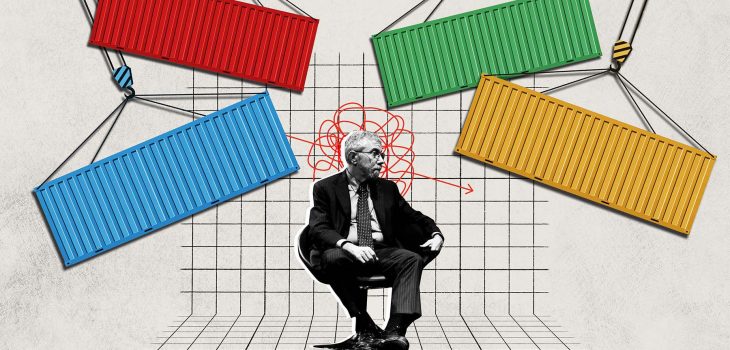
The GOP used a Two Santa Clauses tactic to…
This summary really makes you understand the structural political and social conditions we’ve seen in the past 40 years.
The Republican Party has been running a long con on America since Reagan’s inauguration, and somehow our nation’s media has missed it – even though it was announced in The Wall Street Journal in the 1970s and the GOP has clung tenaciously to it ever since. In fact, Republican strategist Jude Wanniski’s 1974 “Two Santa Clauses Theory” has been the main reason why the GOP has succeeded in producing our last two Republican presidents, Bush and Trump (despite losing the popular vote both times). It’s also why Reagan’s economy seemed to be “good.” Here’s how it works, laid it out in simple summary: First, when Republicans control the federal government, and particularly the White House, spend money like a drunken sailor and run up the US debt as far and as fast as possible. This produces three results – it stimulates the economy thus making people think that the GOP can produce a good economy, it raises the debt dramatically, and it makes people think that Republicans are the “tax-cut Santa Claus.”
https://www.salon.com/2018/02/12/thom-hartmann-how-the-gop-used-a-two-santa-clauses-tactic-to-con-america-for-nearly-40-years_partner/
